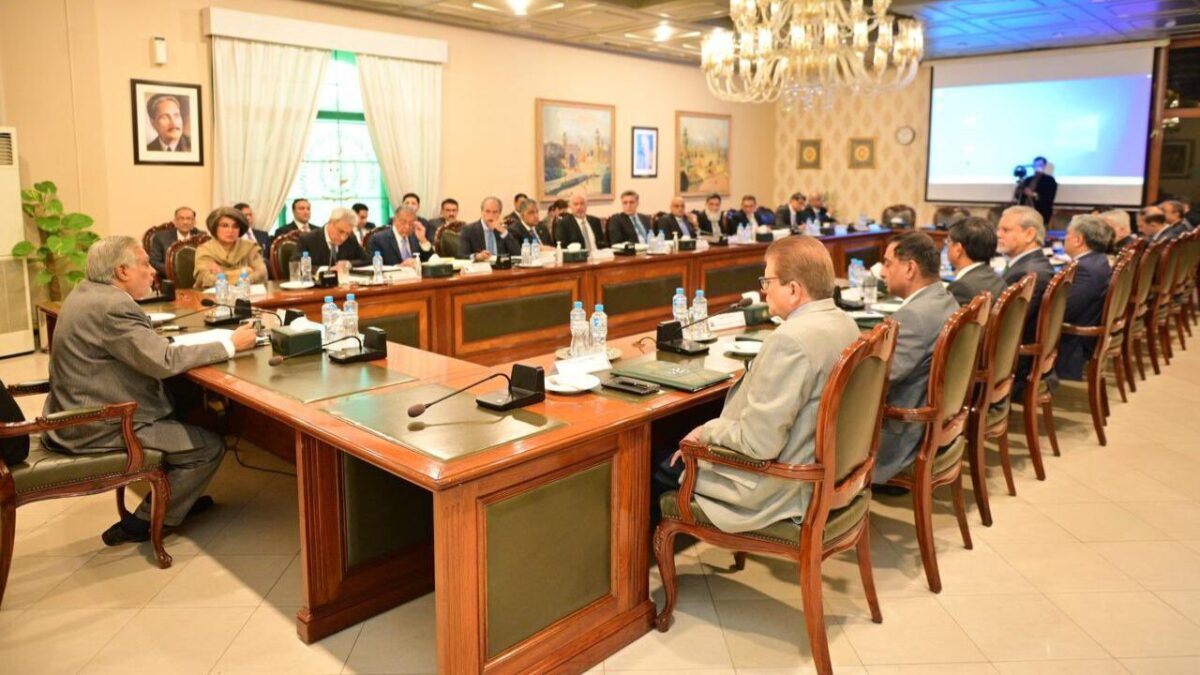Mohammad Sadiq, Pakistan’s special envoy for Afghanistan, held discussions with senior officials in Islamabad following his three-day visit to Kabul. The visit, aimed at mending strained ties between Pakistan and the Taliban, coincided with a controversial airstrike in Afghanistan’s Paktika Province that left local communities reeling from civilian casualties.
While Sadiq sought diplomatic engagement with Taliban leaders, Islamabad’s simultaneous military actions highlighted the complexity of the relationship, particularly regarding the Tehrik-i-Taliban Pakistan (TTP).
In what appeared to be a dual strategy of diplomacy and military action, Islamabad sent Sadiq to Kabul with a message of improved relations while simultaneously conducting the airstrike. The attack has left deep scars in Barmal, where the aftermath is marked by destruction and grief.
“The victims had no connection to armed groups,” said a relative of one of the victims. “These were ordinary people. From one room, we retrieved the bodies of four martyrs, and in other areas, fragments of flesh lay scattered. Even the bodies can’t be fully identified.”
Pakistan claimed the airstrike targeted Tehrik-i-Taliban Pakistan (TTP) militants. However, both the United Nations and the Taliban reported that women and children were among the dead and wounded. The Taliban also acknowledged for the first time that many of the victims were “Waziristani refugees.”
Sadiq has since returned to Islamabad, where he briefed senior Pakistani officials, including the Prime Minister, on his Kabul meetings and the state of bilateral relations.
“I met with the Prime Minister and shared details about my recent trip to Afghanistan, as well as the current state of Pakistan-Taliban relations,” Sadiq said in a statement.
The relationship between Islamabad and the Taliban remains fraught, primarily over the TTP. Pakistan has repeatedly urged the Taliban to sever ties with the TTP, which continues to carry out attacks within Pakistan.
According to security analysts, the Taliban’s ties with the TTP go beyond ordinary relations, with shared strategic interests and even familial connections deepening their bond.
“Until the TTP issue is resolved, relations between Pakistan and the Taliban will remain strained,” said Tahir Khan, an independent journalist in Pakistan. “Even during the winter months, attacks in Pakistan persist, highlighting the enduring nature of this challenge.”
Islamabad’s demands for the Taliban to distance themselves from the TTP have so far gone unanswered. The Taliban maintain that the TTP issue is an internal matter for Pakistan to resolve.
As Pakistan navigates its complex relationship with the Taliban, its strategy appears to be walking a fine line between engagement and confrontation. The outcome of these efforts may hinge on the Taliban’s willingness to address Islamabad’s concerns over the TTP—an issue that continues to cast a long shadow over bilateral relations.





